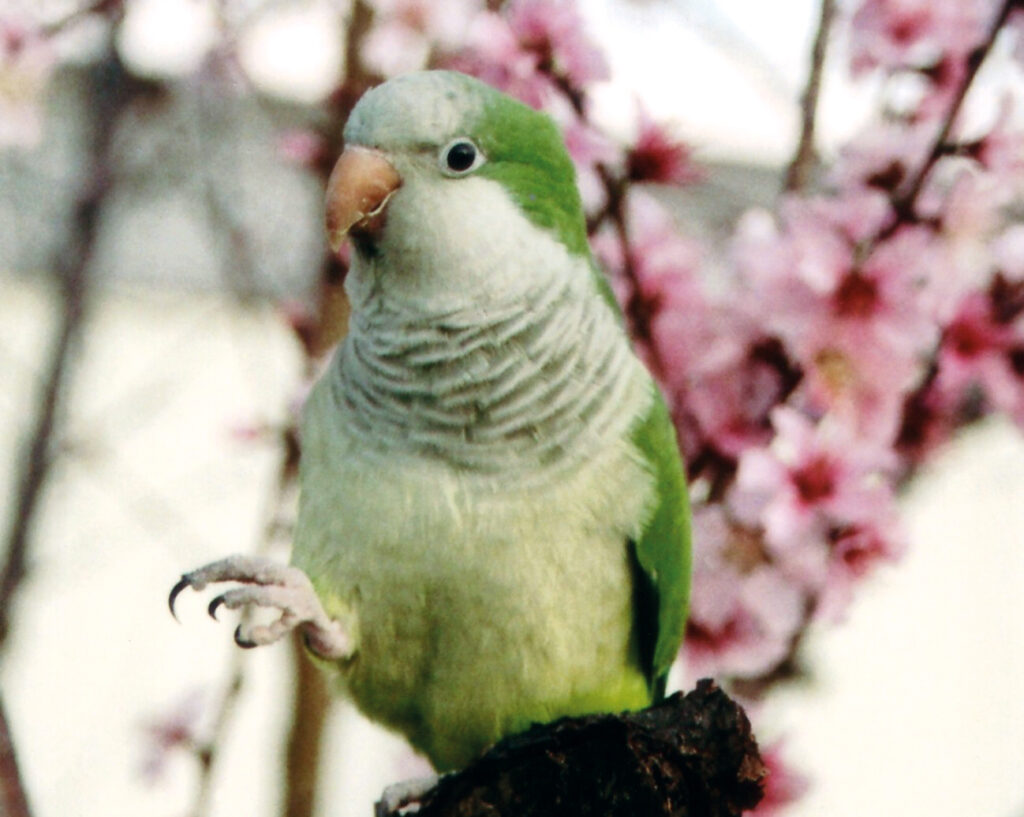Quaker Parrot Feeding Guide

Quaker parrots, also known as Monk Parakeets, are intelligent and social birds that require a balanced and nutritious diet to thrive. Proper feeding not only ensures their health and longevity but also enhances their energy levels, feather quality, and overall well-being. In this guide, we will explore the best dietary practices, recommended foods, and feeding tips to keep your Quaker parrot in optimal condition.
Understanding Quaker Parrot Nutritional Needs
A well-balanced diet for a Quaker parrot should include a mix of seeds, pellets, fresh fruits, vegetables, and occasional treats. Each food category serves a vital function in maintaining the bird’s health:
- Pellets: Form the base of a parrot’s diet, providing essential vitamins and minerals.
- Seeds and Nuts: Offer important fats and proteins but should be fed in moderation.
- Fresh Fruits and Vegetables: Supply fiber, antioxidants, and natural sugars.
- Proteins and Grains: Provide energy and support muscle development.
- Treats: Used for bonding and training but should be given sparingly.
Recommended Foods for Quaker Parrots
1. Pellets (Primary Diet Component)
High-quality commercial pellets are the best foundation for a Quaker parrot’s diet. They provide a balanced mix of nutrients and prevent nutritional deficiencies. Look for pellets that are:
- Free of artificial colors and preservatives
- Specifically formulated for parrots
- Enriched with essential vitamins and minerals
2. Seeds and Nuts (Moderation Required)
While seeds and nuts are a natural part of a parrot’s diet, they should not be the primary food source due to their high-fat content. Some healthy choices include:
- Sunflower seeds (in moderation)
- Pumpkin seeds
- Flaxseeds
- Almonds
- Walnuts
3. Fruits (Fresh and Natural Sugars)
Fruits are an excellent source of vitamins, fiber, and hydration. Some of the best options include:
- Apples (without seeds)
- Bananas
- Berries (strawberries, blueberries, raspberries)
- Grapes
- Mango
- Papaya
- Pineapple
Note: Avoid feeding avocados, as they are toxic to parrots.
4. Vegetables (Essential Nutrients)
Vegetables are crucial for providing fiber, antioxidants, and vitamins. Recommended vegetables include:
- Carrots
- Bell peppers
- Broccoli
- Spinach (in moderation)
- Sweet potatoes
- Zucchini
- Green beans
5. Grains and Proteins (For Energy and Strength)
Whole grains and proteins help maintain energy levels and muscle strength. Safe options include:
- Cooked quinoa
- Brown rice
- Whole wheat pasta
- Cooked lentils
- Boiled eggs (in moderation)
Foods to Avoid
Certain foods are dangerous for Quaker parrots and should never be included in their diet. These include:
- Avocados (toxic and potentially fatal)
- Chocolate and caffeine (harmful to the nervous system)
- Onions and garlic (cause digestive issues)
- Alcohol and carbonated drinks (highly toxic)
- Dairy products (birds lack the enzymes to digest lactose)
- Processed or salty foods (can lead to dehydration and health issues)
Feeding Schedule and Portion Control
Maintaining a consistent feeding schedule helps regulate your parrot’s metabolism and ensures they receive adequate nutrition.
Daily Feeding Routine:
- Morning: Fresh fruits, vegetables, and pellets.
- Afternoon: A small portion of seeds or grains.
- Evening: Pellets with some fresh greens.
- Occasional Treats: Given sparingly for training or bonding.
Hydration: Importance of Fresh Water
Water is essential for digestion, temperature regulation, and overall health. Ensure your Quaker parrot always has access to clean, fresh water in a non-toxic bowl. Change the water at least twice a day to prevent contamination.
Tips for a Healthy and Enjoyable Mealtime
- Variety is key: Rotate different fruits, vegetables, and grains to keep meals interesting.
- Avoid overfeeding: Too many seeds or treats can lead to obesity.
- Monitor eating habits: Sudden changes in appetite may indicate health problems.
- Encourage foraging: Hide food in toys or foraging trays to stimulate natural instincts.
- Wash all produce thoroughly: Remove pesticides and harmful chemicals.
A balanced diet is the foundation of a happy and healthy Quaker parrot. By providing a diverse mix of pellets, fresh fruits, vegetables, grains, and occasional treats, you can ensure your bird thrives both physically and mentally. Always monitor their dietary habits and make necessary adjustments to keep them in peak health. With proper nutrition, your Quaker parrot will enjoy a long, vibrant, and energetic life!